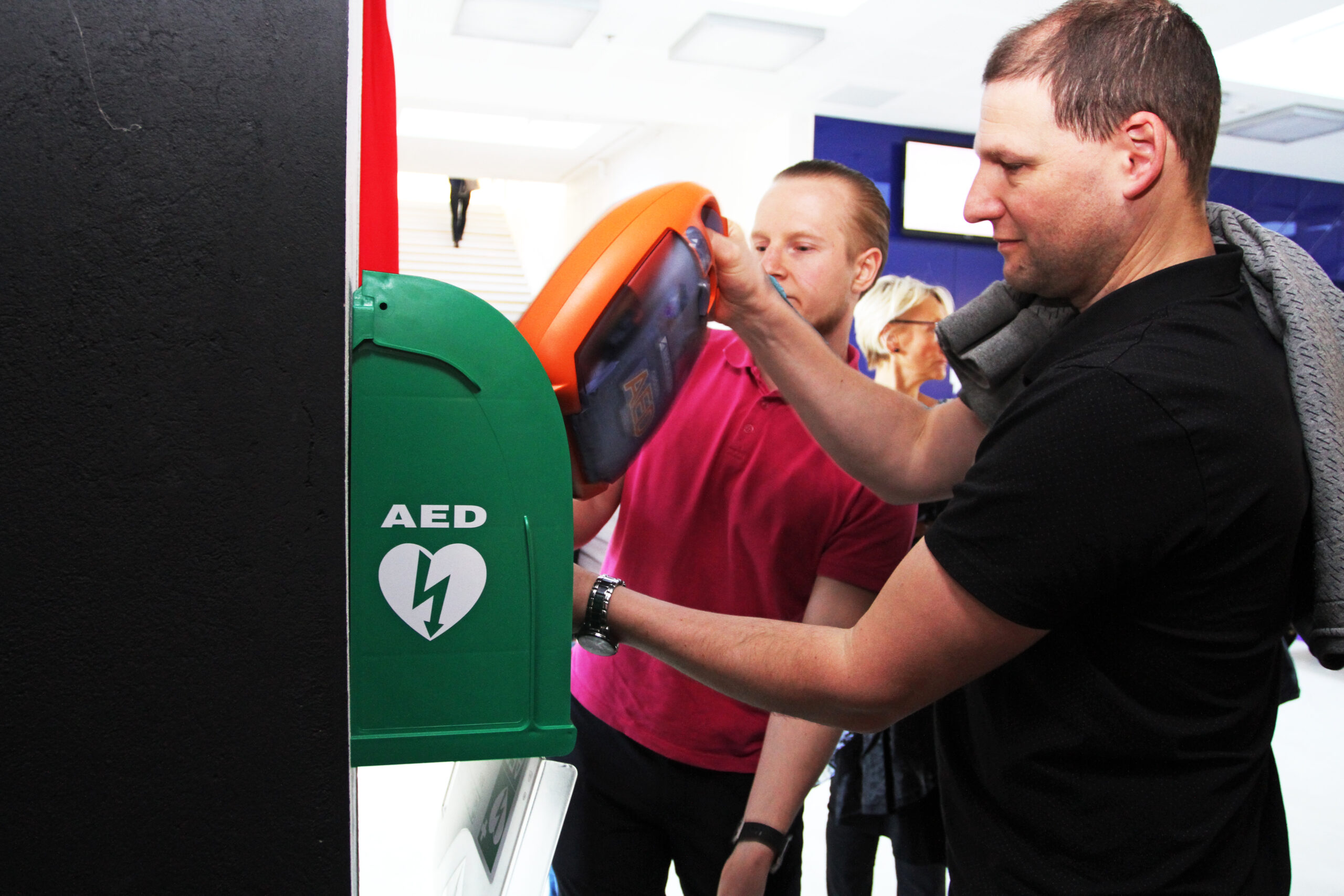Search

As of Sunday, 5 March, the Global Convention on the Recognition of Qualifications concerning Higher Education has gone into effect. The Convention’s goal is to ensure the correct and just recognition of qualifications issued in various parts of the world and thereby promote international cooperation in higher education.
The Convention ensures easier recognition of Estonian-issued secondary and higher education certificates, diplomas and academic degrees by other countries, especially non-European ones. Similarly, it will now be easier for citizens of other countries that have joined the Convention to have their qualifications recognised in Estonia.
Renno Veinthal, deputy secretary general of the Ministry of Education and Research, noted that the global agreement bridges the former regional conventions. “The need for this sort of document stems from increasing student migration from one side of the world to the other,” said Veinthal. “When grading and recognising qualifications, it is important for the principles in use to be comparable between countries. The Convention can be used to recognise higher education diplomas, secondary education certificates and also partial studies in higher education that the state considers part of its educational system.”
The Convention does not impose any obligation to automatically recognise the educational qualifications of another Convention party: foreign education qualifications are recognised if there are no significant differences between comparable qualifications. Decisions must be based on relevant and reliable information on the other country’s higher education system obtained from competent information centres. The Estonian ENIC/NARIC Centre, which is a subdivision of the Education and Youth Authority, serves as such a centre in Estonia.
Gunnar Vaht, head of the Estonian ENIC/NARIC Centre, participated in the Convention’s formulation committee as an international expert. Gunnar Vaht claims that the Convention has garnered very strong support all over the world, as experts from different regions of the world participated in its formulation. “Therefore, the Convention takes into account the peculiarities of all the regions,” said Vaht. “The Convention also encourages Estonian citizens to study outside of Europe, as it ensures that the degree they receive will be recognised upon return to Estonia.”
The principles of the Estonian decree for grading and recognising foreign qualifications follow the Lisbon Recognition Convention, which is in force in Europe and North America. The global recognition agreement does not restrict the principles of the Lisbon Convention and Estonia does not need to enact any fundamental changes to enforce the agreement.
Preparations for the global convention started nearly ten years ago. 193 UNESCO member states adopted the Convention in 2019. The Convention will go into effect now that at least 20 states have ratified it.
Source: https://www.hm.ee/en/news/global-agreement-recognise-qualifications-has-gone-effect
Previous news
31. January 2023
Save the lives!
14. September 2022
International Week “Research Methods and Innovation in Healthcare”
7. August 2022
